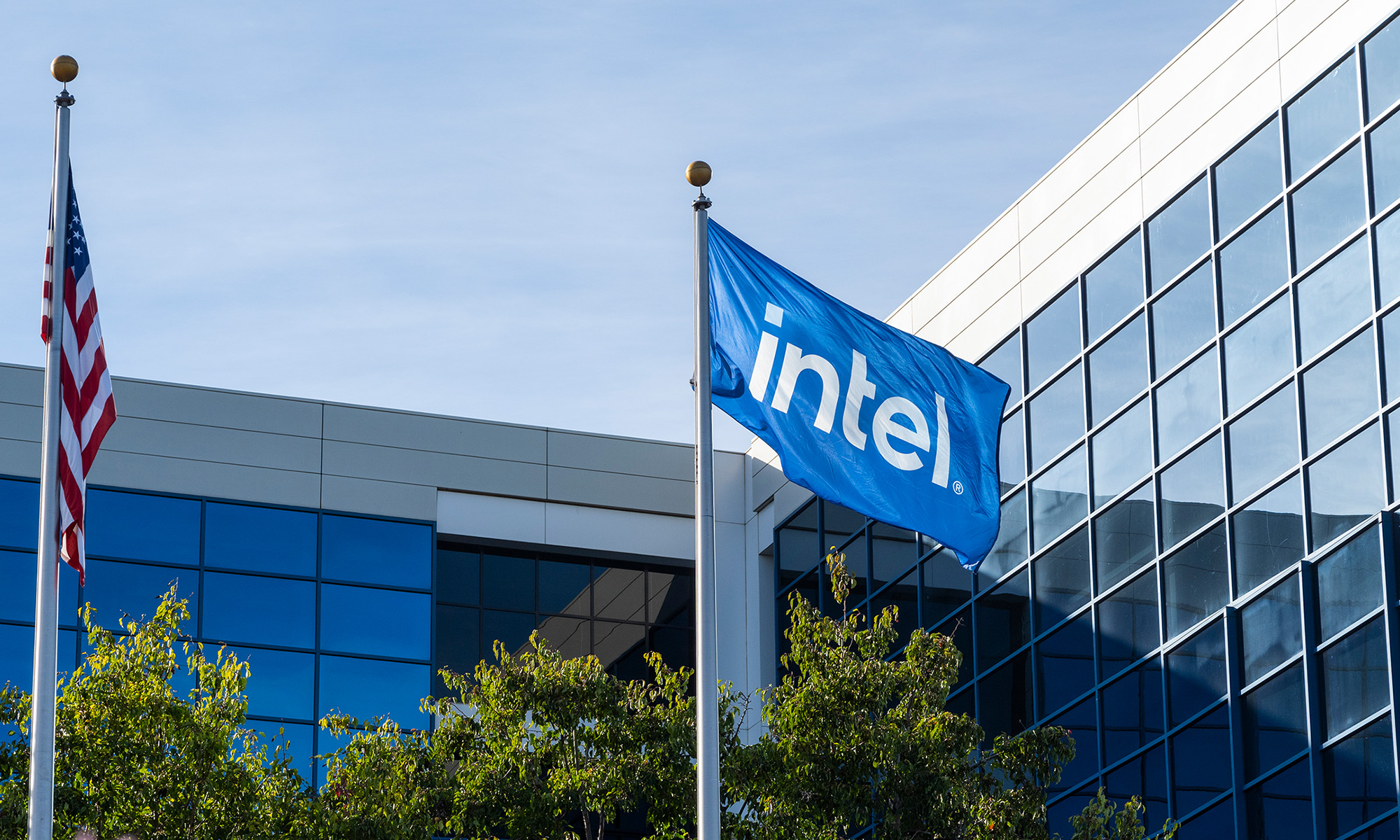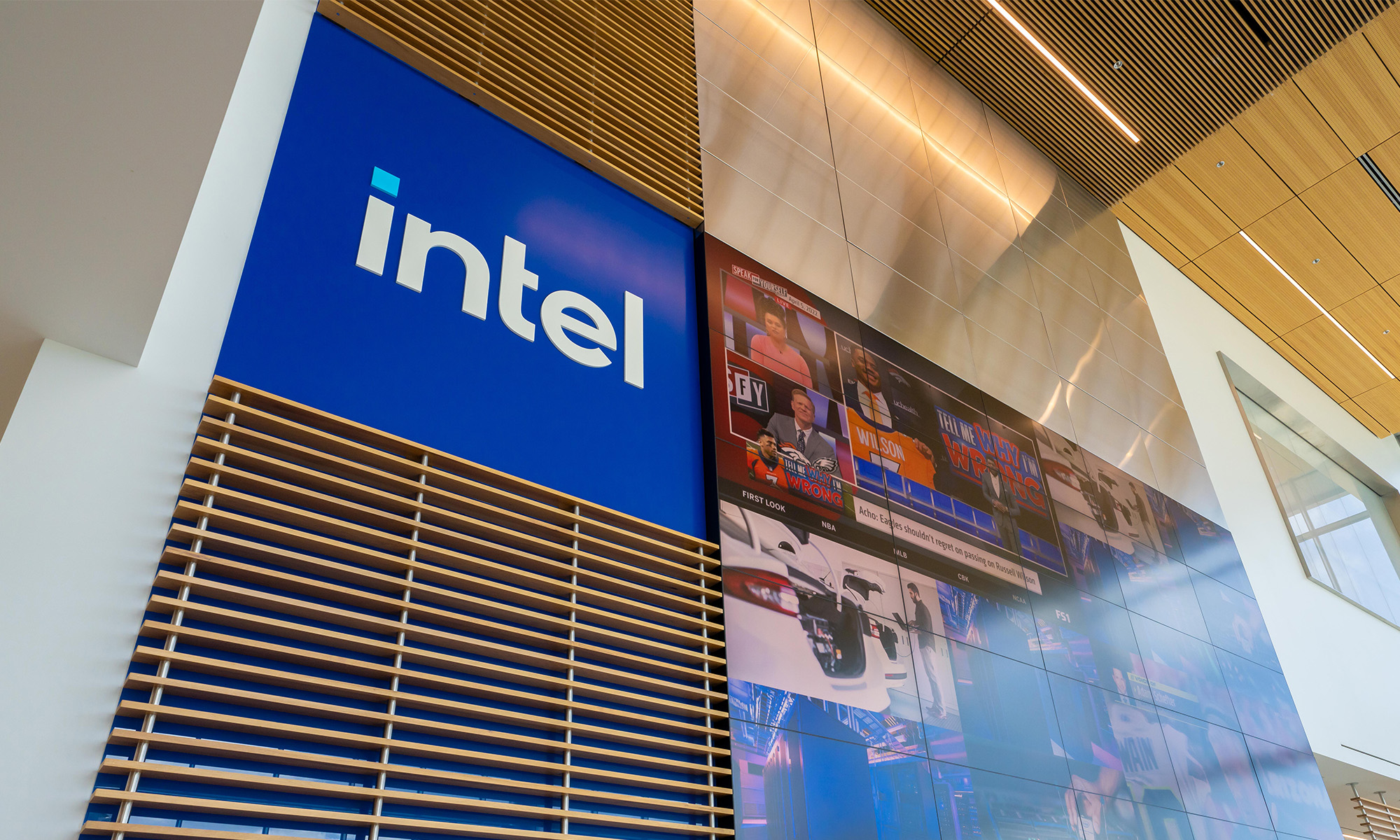
Intel's "Skull Canyon" mini-PC. Image credit: Intel.
According to data from Gartner, the personal computer industry shipped nearly 353 million units in 2011. This figure came in at around 289 million units in 2015 -- an approximately 18% drop over the last four years. Though makers of personal computers themselves have felt pressure from this decline, perhaps the highest profile company to be affected by the industry decline is PC processor maker Intel (INTC 2.81%).
Intel has the lion's share of the market for processors that power personal computers as a result of strong products and relationships with key PC makers. PCs chip sales, unsurprisingly, make up the majority of the company's revenue and unit shipments.
A question worth pondering, then, is whether Intel can do anything to help the PC return to a growth path, or if it is simply the victim of market forces outside of its control.
Intel has tried really hard
When PC sales began to show signs of weakness, particularly at the hands of tablet computers, Intel worked feverishly to make notebook PCs more like tablet computers. They became thinner and lighter, started to sport touch screen displays, battery life improved substantially, and there was a somewhat novel focus on making PCs almost "fashion items" that people wanted to buy rather than mere tools that people needed to buy when their older ones broke.
Intel put a lot of work into crafting chips and platforms that could make the PC a lot better and was also willing to throw significant marketing dollars to push these new form factors.
Unsurprisingly, it didn't work. PC sales dropped in 2012, 2013, 2015, and will likely drop in 2016. PC sales were roughly flat in 2014, a phenomenon widely attributed to the upgrade cycle in the business work catalyzed by the End of Life of Windows XP.
The fundamental problems
At this point, I have to believe that the problems that the PC market is facing are structural and permanent. These days, PCs are just so blazing fast that they remain useful to consumers for much longer than PCs from prior generations had.
Of course, there are niche use-cases, such as PC gaming, in which more compute power is always welcome and upgrade cycles are short. However, for the average Joe, there's little incentive to upgrade at a pace quicker than, say, once every 4-5 years.
Exacerbating the fundamental problem of "good enough" above is the fact that many of the key computing tasks that were once exclusive to PCs can now be done quite nicely on a smartphone or even a tablet (though large smartphones have been killing the market for tablets).
Smartphone penetration is quite broad and the performance of even mid-range smartphones has gotten to the point where a device that costs $200 can credibly take over many of the tasks that, say, a $500+ would have been used for.
Indeed, one problem that the smartphone makers now face is that smartphones have gotten so good that upgrade cycles on those also appear to be lengthening significantly. Even Apple (AAPL 0.93%), which was previously thought to be virtually "untouchable" is forecasting a decline in sales of its iPhone product line in its most recent quarter. Some analysts think that the situation only gets worse in Apple's next product cycle.
How to solve this fundamental problem
The way to "solve" this problem is for every-day software to become so demanding that consumers need to buy new computers. Games continue to become more demanding which is why sales of gaming-related PC processors and other components are still doing just fine. However, the vast majority of PC users aren't playing hard-core demanding games.
Intel's best bet seems to be to work closely with Microsoft (MSFT +0.77%), which makes the operating system that powers the majority of consumer and business PCs, to build more useful functionality right into the software. This functionality should presumably require more advanced hardware to run, which could in turn help spur PC upgrades.
Bottom line? I'm not hopeful
As somebody who has held Intel stock for years, it's hard to be hopeful at this point that the PC market will fundamentally "turn the corner" anytime soon. Even Intel's own top brass has made it clear that the goal is to try to keep the PC "relatively flat" as it drives growth in other areas such as the data center and the Internet of Things.








